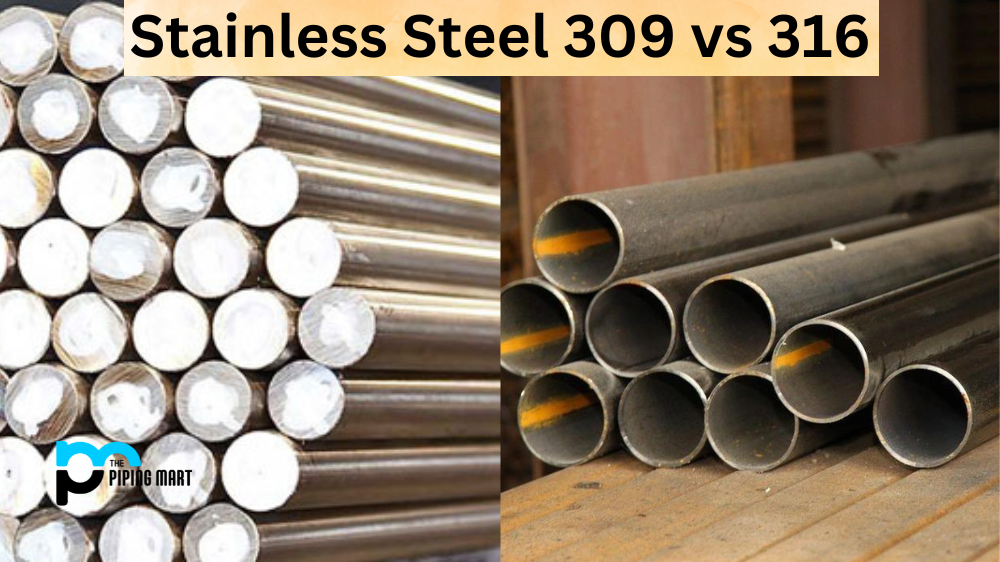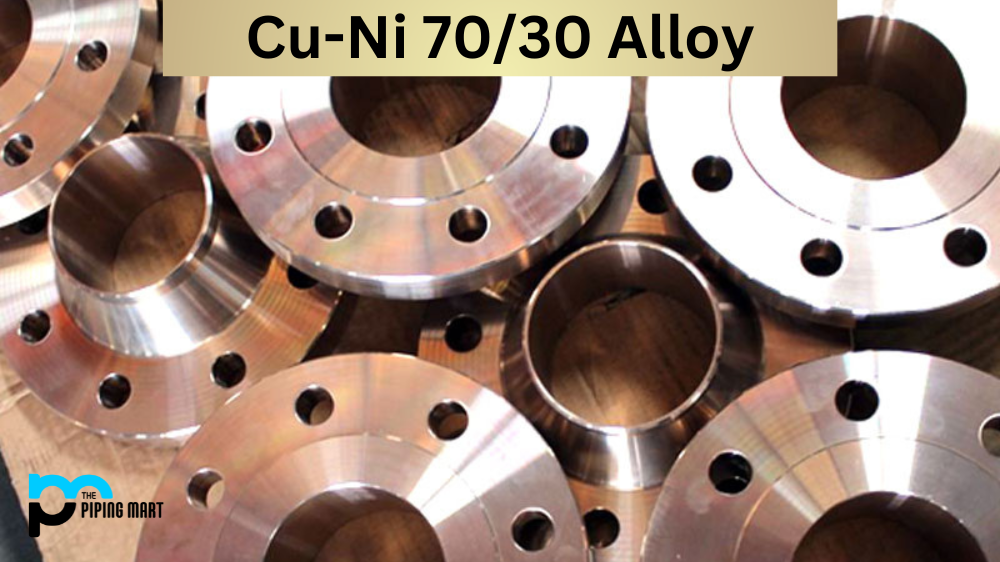When it comes to metals, not all are created equal. Some metals are stronger than others, while some may be able to bend or stretch more. One metal that often has uses in construction and engineering projects is brass. But how ductile is this material? Let’s look at what makes brass special and how its ductility contributes to its many uses.
What is Brass?
Brass is a metal alloy that’s made from copper and zinc. It has been used for centuries for decorative purposes and engineering applications due to its strength and malleability. This means that brass can easily be formed into shapes without breaking or cracking, making it an ideal choice for intricate designs or complex components.
How Ductile is Brass?
Brass is relatively ductile and can bend without breaking under strain or pressure. This property makes it suitable for many applications where strength and flexibility are essential, such as car engines, electrical wiring, plumbing pipes, musical instruments and jewellery making. In addition, brass is also resistant to corrosion which helps improve its durability over time, even when exposed to water or other corrosive elements.
The ductility of brass depends on the alloy composition; different ratios of copper and zinc will result in varying ductility levels. Generally speaking, though, brass with a higher percentage of copper will have more excellent ductility than those with a higher percentage of zinc. For example, over 70% copper content will produce what’s considered “red brass”, which has superior malleability compared to other alloys containing lesser amounts of copper, such as yellow or white brasses, which can be harder and less pliable when bent or shaped into intricate forms due to their higher zinc content.
Conclusion:
As you can see, the ductility of brass depends on the composition of the alloy but generally speaking, it is relatively ductile compared to other metals like steel or aluminium, making it an ideal choice for many engineering projects where strength and flexibility are both required properties from the material used. Whether you need a component for an industrial machine, a musical instrument part or simply decorative hardware pieces for your home – there’s no doubt that brass can be just the suitable material you need!
Meet Heer, a dynamic and driven writer learning tricks of her trade in the metal industry. With a background in Digital Marketing, Heer brings a unique perspective to her writing, sharing valuable insights. Apart from blogging she like reading and hiking.




